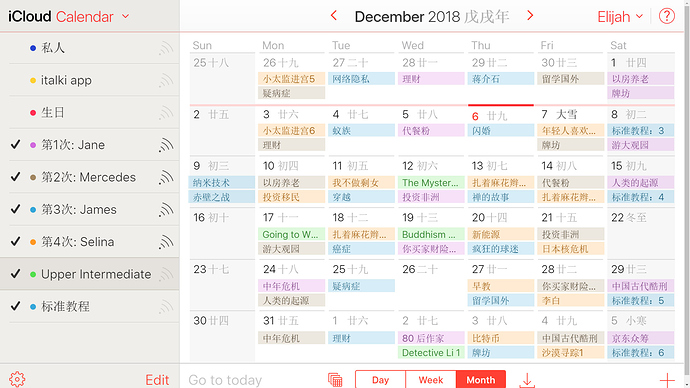Hi MayHaNN,
If you’ve gone through the ATWTI series, then you should be able to move freely anywhere in the Newbie level. How many Newbie lessons have you finished? Do you mark them “Studied” after you’re done? If so, on your dashboard you can see the number by hovering your cursor over the blue “Newbie” column in the “Progress” box. ChinesePod recommends doing 50 Newbie lessons before moving up to Elementary, but that was unrealistic for me. How many you need to do depends on a lot of factors. (Living in a Chinese-speaking country? In Chinese school? Under 25 years old?)
Apart from ATWTI, not many Newbie video lessons were done. If you really want to push yourself, you could jump up to Elementary and exposure yourself to higher-level Chinese, then jump back down to a Newbie audio lesson. Actually, I think that kind of variety of difficulty could be really good for you.
My first undergrad degree was in video, so I do understand the desire for a visual element. One of the most valuable lessons for me early on in my Chinese learning was being weaned from all visual aids when I was doing Pimsleur lessons 1 through 60. It was quite painful initially, but learning the skill of depending only on my ears has proven extremely valuable.
As far as choosing lessons, honestly, what I do is pick a time frame when the lessons that were coming out were a lot of fun, and bookmark a bunch of them. Most of my favorite Newbie lessons came out between 2008 and 2010.
Go to the Dashboard, on the left side click “More,” then “Library List.” filter by “Newbie” and “Date Ascending.” For me, 2008 starts around page 10 or 12. Just start bookmarking ones that might be interesting!
Here are just a few not to miss:
Turn on the Light
Do you have…?
Hot Soup

 We are rather paradoxical, aren’t we!
We are rather paradoxical, aren’t we!